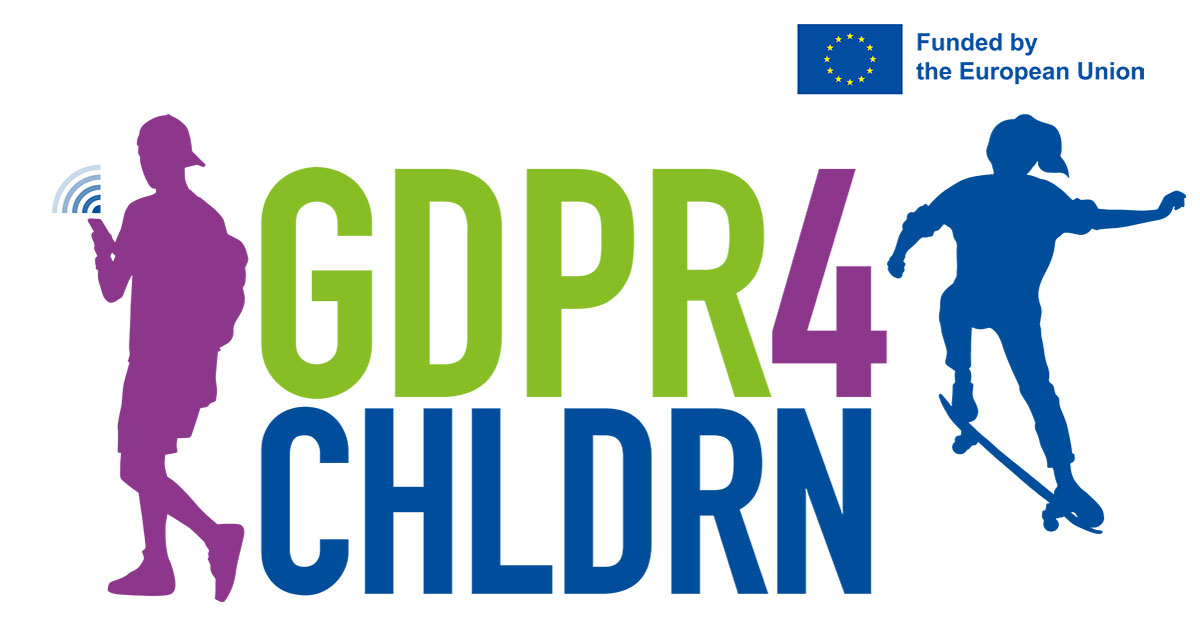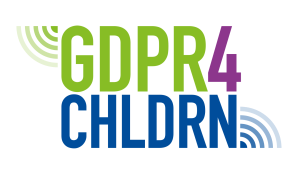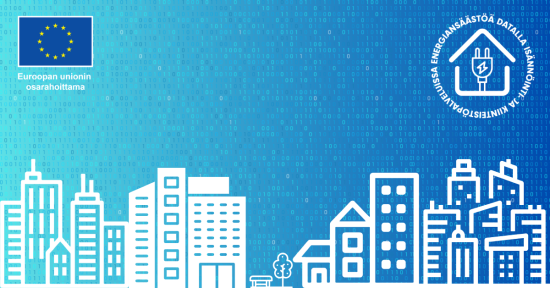The content of the survey was largely in line with the initial survey carried out in autumn 2022, the results of which you can read more about here. In addition to skills and attitudes, the survey collected feedback on the tietosuojaharrastuksissa.fi website published in the summer, which contains a comprehensive set of guidance materials for associations, organising recreational activities, for parents, children and young people.
About 40 responses were received. No responses were received from the target group of young people at this time, so this article focuses on the results for associations organising hobby activities and on parents The small number of respondents must be taken into account when drawing conclusions from the results.
Awareness of associations gradually increasing
The survey had separate sections for those in an administrative role in associations providing recreational activities, such as team leaders and club board members, and for those in a supervisory role, such as instructors and coaches. A total of 15 responses were received from associations.
In general, people in associations in an administrative role felt that they understood the requirements of data protection legislation for the processing of personal data. It was also felt that associations had clearly defined operating practices for data protection. Awareness among respondents was slightly better than in the initial autumn 2022 survey.
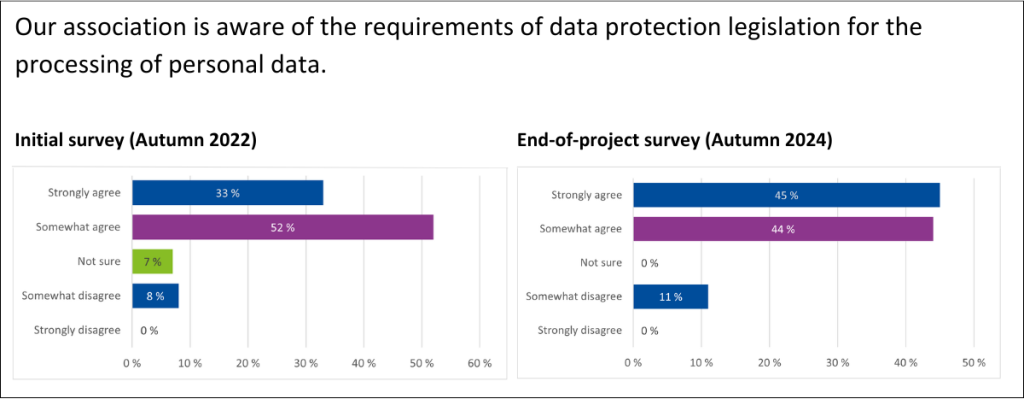
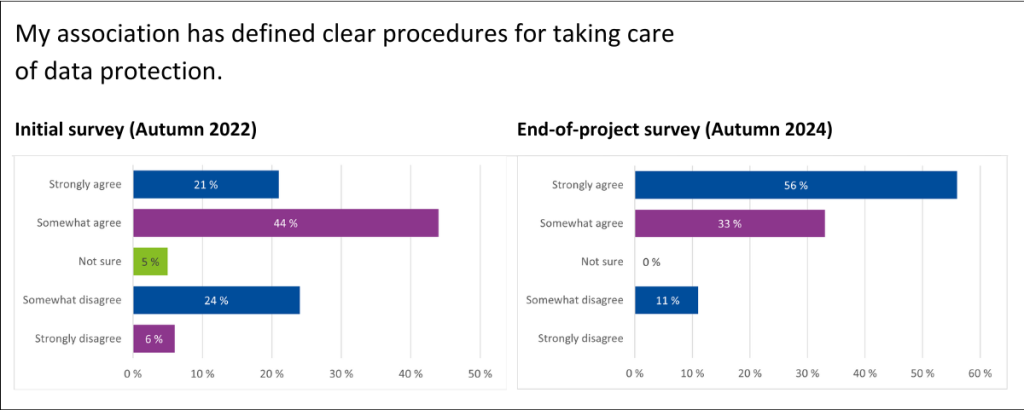
Associations act as data controllers when processing the personal data of their members and are responsible as data controllers for the processing of personal data in their activities and for the lawfulness of such processing. This responsibility also includes providing instructions to instructors and coaches on the processing of personal data. The coaches and instructors who responded to the survey felt that it was relatively clear to them how they can safeguard data protection as part of their activities.
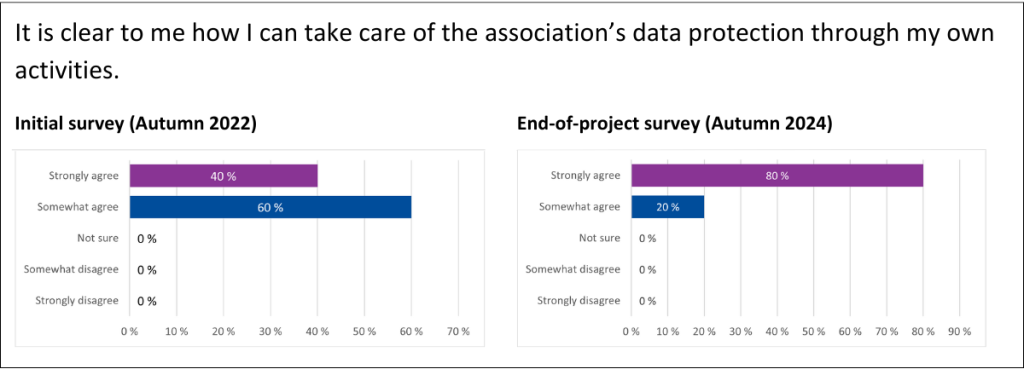
Parents open up the debate on data protection with their children
A total of 26 parents responded to the survey. Around half of the parents who responded said they understood how their children’s personal data is processed and were aware of their children’s data protection rights. In this respect, the results were similar to those of the initial survey.
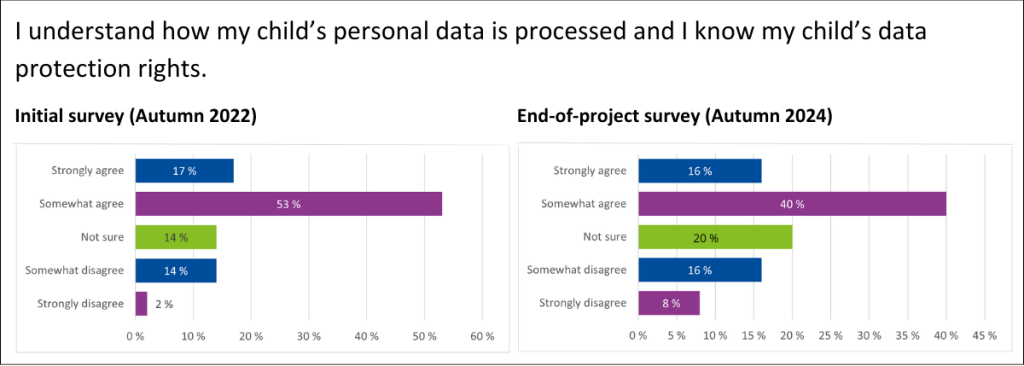
Around a quarter of parents had not discussed personal data processing issues with their children. A quarter of respondents said they discussed the topic with their children 1–2 times, and half said that they had discussed it several times or regularly. There is a slight increase in the level of discussion compared to the initial survey.
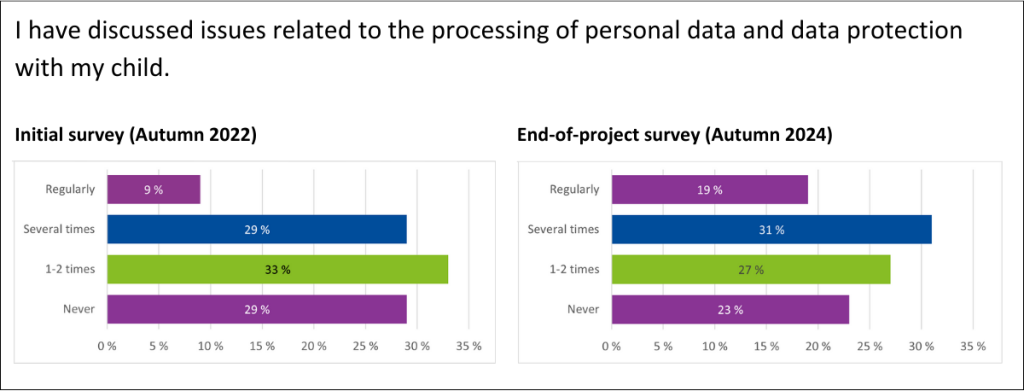
Associations and parents have used the website created during the project
Of all respondents, about half had time to familiarise themselves with the tietosuojaharrastuksissa.fi website. About a fifth of respondents said they had already visited the site several times. Those in an administrative role in associations presumably saw the guide on the processing of personal data in recreational activities as the most useful part of the site. However, guidelines for parents and children were also seen as useful – for example, associations could use them to support their discussions with parents or children and young people about personal data processing issues.
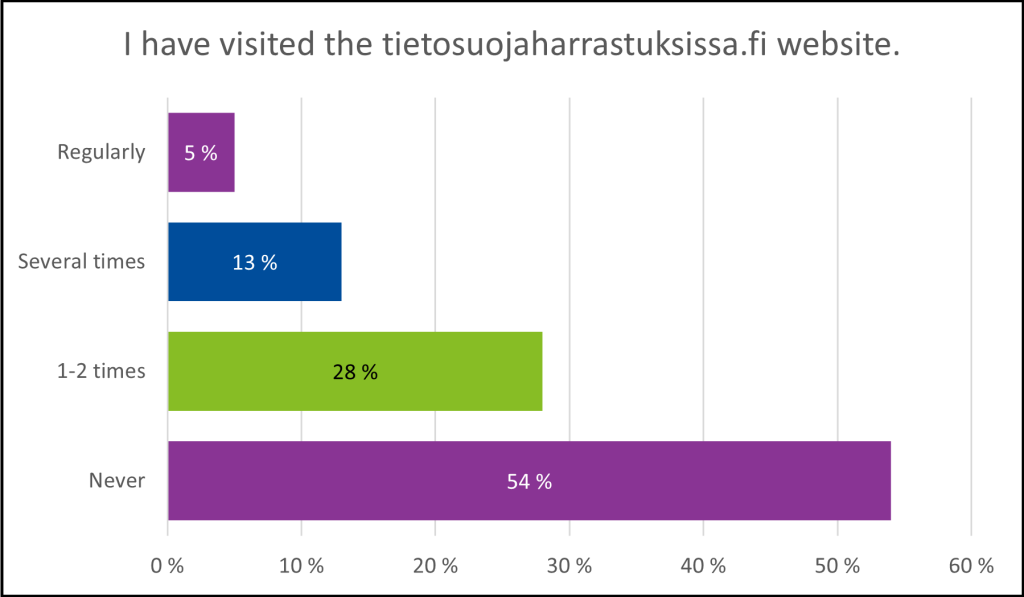
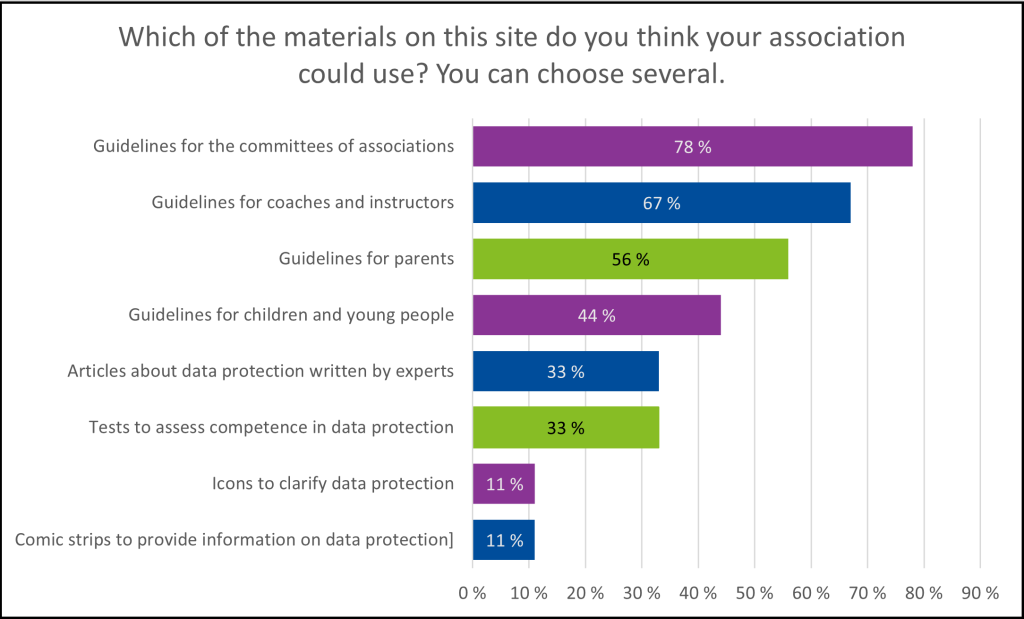
The initial survey collected verbal feedback on what kind of content and guidance materials were particularly desired from the project. So far, new guidance has been produced on most of the topics, which will hopefully help target groups to understand the issues and plan their measures. All guidance material and content can be found on the website created during the project.
The results of the project will be presented at the final webinar on 9 October 2024, which you can register for via the link below.
The GDPR4CHLDRN project provides information about the protection of personal data and data protection rights to children, young people and their parents. Materials targeted at them as well as icons that clarify concepts related to data protection will be developed in the project. In addition, a toolkit to support compliance with data protection legislation and its application will be created for associations and hobby clubs that organise hobby activities for children and young people.
- A two-year project that will end in August 2024.
- The project is funded by the Citizens, Equality, Rights and Values programme of the European Union.
- The project coordinator is the Office of the Data Protection Ombudsman, and its partner in the project is the TIEKE Finnish Information Society Development Centre.

Funded by the European Union. Views and opinions expressed are however those of the author(s) only and do not necessarily reflect those of the European Union or European Commission. Neither the European Union nor the granting authority can be held responsible for them.

